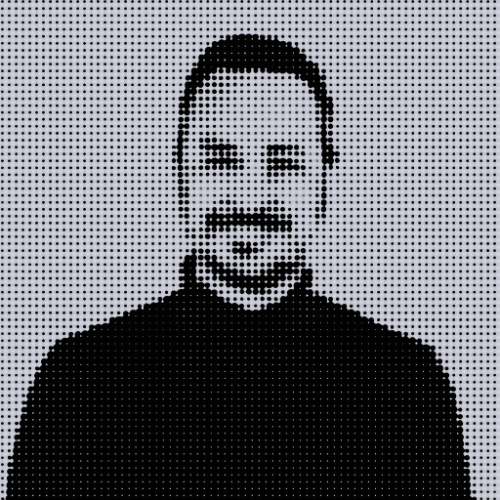Audio Presented by

Author of sci-fi and horror, narrative designer, and independent film producer. Loves cassette futurism.
Story's Credibility

About Author
Author of sci-fi and horror, narrative designer, and independent film producer. Loves cassette futurism.
